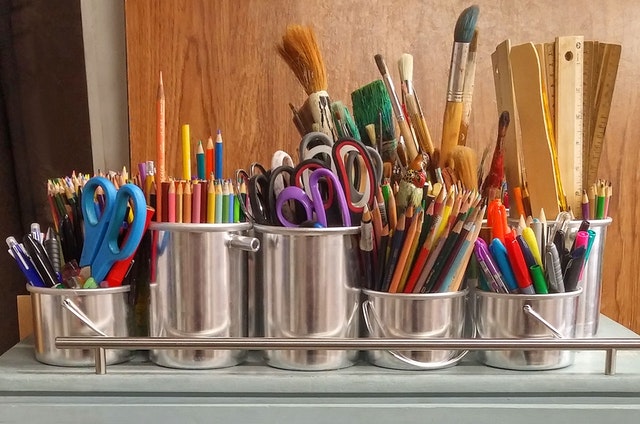The weather in this area is notorious for fluctuating between winter and spring on almost an hourly basis. One moment it’s a balmy 61 degrees and the next it’s a frosty 33. The constant up and down can be frustrating and not to mention confusing. What does the weather have to do with speech therapy? Much like the weather at this time of the year, progress in speech therapy (or any therapy for that matter) can be just as frustrating and confusing.
It is not uncommon for a child to be progressing along on her/his therapy goals and suddenly stop progress and/or seemingly lose skills. These fluctuations can be the natural progression of the brain changing as it processes and learns new skills. These fluctuations may also be a sign that your child has been practicing using new skills and needs a break. Changes in progress should be short lived and not interpreted as a loss in skills. If you feel the changes in progress are more significant or are lasting too long, do not hesitate to talk to your clinician and review their data. Your clinician will be able to address these concerns and provide a more clear picture of what you might expect.
Learning a new skill or changing a habit/behavior can take time and progress at time may be slow moving and seemingly nonexistent. Keep looking for the small changes. These small changes add up over time in creating large life long changes.
Yours in Speech,
Lakeshore Speech Therapy, LLC.







